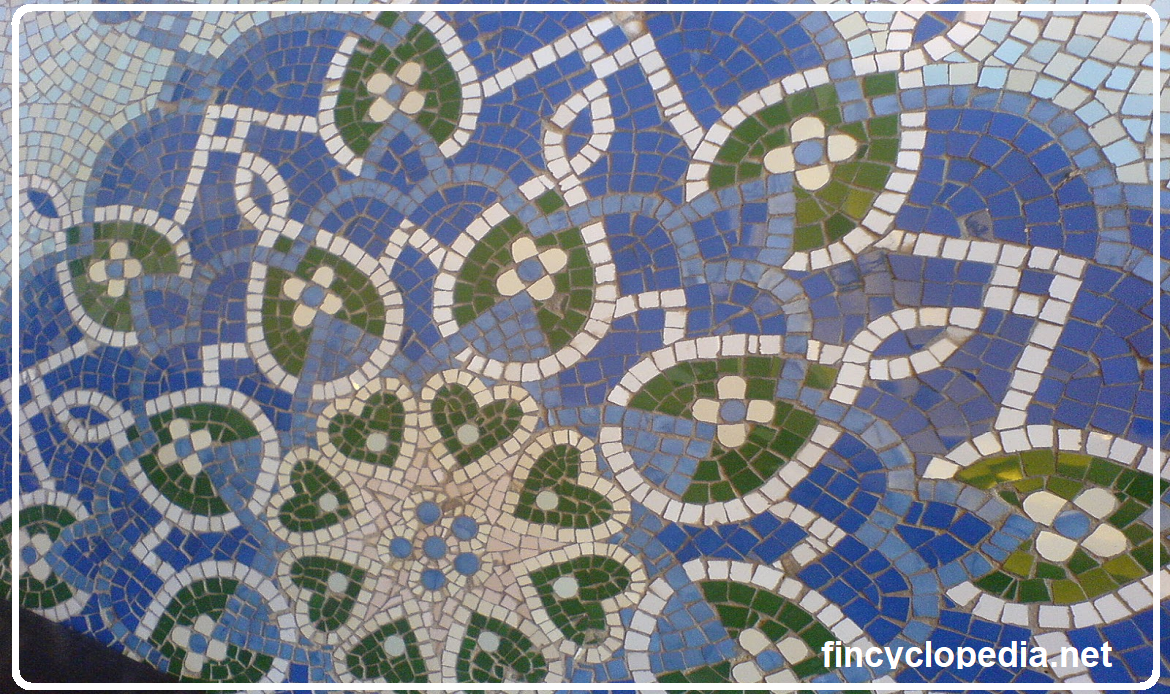Murabahah is a type of trust sale (buyu al-amanah) whereby acquisition of assets is financed on short or relatively long term basis. The contract of murabahah (aqd al-murabahah) is entered into between a seller and buyer on cost plus mark-up basis. Payments are made either on a deferred or cash basis (deferred murabahah or cash murabahah).
The legitimacy of murabahah is based on the legitimacy of sale (ba’i or bay’) in general. Four sources of shari’ah support the legitimacy of murabahah, namely the Quran, the Sunnah of Prophet Muhammad (pbuh), the consent of the majority of Muslim jurists (ijma’a) and analogy (qiyas).
- The Quran: the Quran generally considers the contract of sale (aqd al-ba’i/ aqd al-bay’) legitimate (permissible). For example, a Quranic verse makes it clear that “…and Allah permitted trade and prohibited riba” (2:282).
- The Sunnah: murabahah is considered legitimate based on the general legitimacy of sale in shari’ah (Islamic law) as cited in Prophetic traditions. Prophet Muhammad (pbuh) was reported to have said: “The best source of income is what man earns with his own hands and from a permissible trade” (narrated by Hakim). The Prophet (pbuh) also permitted the sale of a commodity for more than its purchase price: “if the two commodities are different, buy and sell as you wish”(narrated by Muslim in Sahih Muslim, 1587).
- Ijma’a: sources of Islamic jurisprudence (fiqh) report that the legitimacy of murabahah is deduced from the consent of the majority Muslim jurists (jumhur al-fuqaha). For example, al-Kasanai pointed out that people adopted these types of sale (murabahah and other sales) throughout the ages without denial or objection.
- Qiyas: murabahah is analogous to another type of sale, i.e., tawliyah sale (sale at cost price). Hence, and on the basis of analogy, the cost-plus sale will be likewise legitimate. In both tawliyah sale and murabahah sale, the cost price must be revealed to the buyer in a transparent and straightforward manner.







